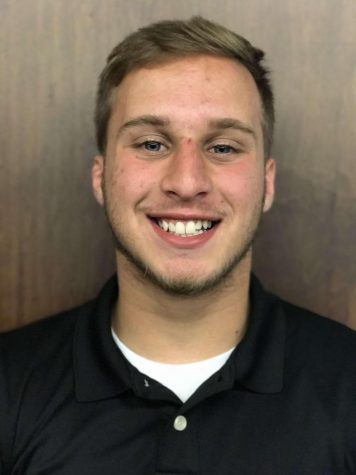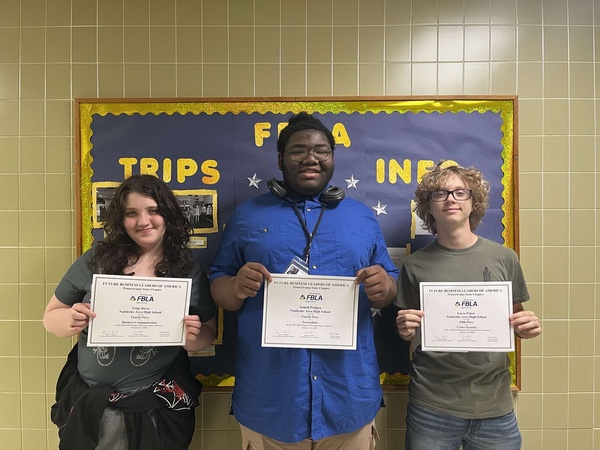An interview with AP English teacher Mrs. Jeffries
Mrs. Jeffries is the head of GNA’s English department and now is the teacher for AP Literature and Composition. This is her first year teaching AP and The GNA Insider staff had some questions to ask about her experience:
As a first year AP teacher, what was the most challenging aspect of the school year?
As a first year AP teacher, the most challenging aspect of the school year was keeping up with the reading — both the independent novels and the student generated papers.
Other than the students, more specifically, what was your course load like? Didn’t you also have to write your own curriculum? How difficult was that?
In addition to keeping up with the course load, yes, I did have to write my own curriculum. It was a challenging endeavor to say the least. However, it was a necessary component to truly understanding the context of the AP English Literature and Composition Class.
Did you have to undergo any training while teaching the class, if so, what were some of the most important things that you were taught to do?
The creation and acceptance of the syllabus to College Board qualified me to teach this class. I also took a teaching AP English Literature and Composition Class offered by the College Board, through Wilkes University. The most important aspect of teaching this class, according to my professor, Dr. Vogel, is the ability to teach students to analyze literature effectively.
As an AP student, it is known that you are required to read a lot, what was one of your favorite novels or stories that you have assigned to your class? Why?
My current favorite novel is Barbara Kingsolver’s The Poison Wood Bible. It is a poignant tale of family dysfunction and success that experiments with syntax and point of view.
Were there any bad days where you felt like things weren’t going so well? If so, what motivated you to keep on going forward?
Of course, there were bad days. Anytime you are working as hard as you can and feel overwhelmed, it’s difficult. What motivated me to keep moving forward was realizing my students were going through a similar gamut of emotions. To see such a spectacular group of young men and women work so hard and never gave up was so uprising. They are the greatest group of students, and like my own children, made me want to be the best that I could be.
Do you feel like your students will be more prepared when in a college classroom after taking your course?
Yes, yes, yes! AP English Literature and Composition students will most definitely be uber-prepared for a college classroom. Rigorous reading schedules, demanding writing assignments, and student led discussions were the norm here.
Have you grown as a teacher after taking over this course, if so, how?
I have definitely grown as a teacher after taking over this course. My knowledge of literature and composition has expanded of course but it is my understanding of the process necessary to be successful, that is I think the greatest part of being an AP teacher.
Do you believe that your next year teaching AP Literature and Composition will be easier?
Although each year have its own set of unique challenges, I know that with each passing year I will gain greater confidence in this challenging course of study.
What is one piece of advice you would give to a student planning on taking your course?
The one piece of advice I have for students taking AP English Literature and Composition is to stick to the schedule. It is extremely difficult to catch up once you have fallen behind.

My name is Dawson Hughes and I am a senior at Nanticoke Area High School. My favorite things to do in my spare time involve being active, eating good food,...







